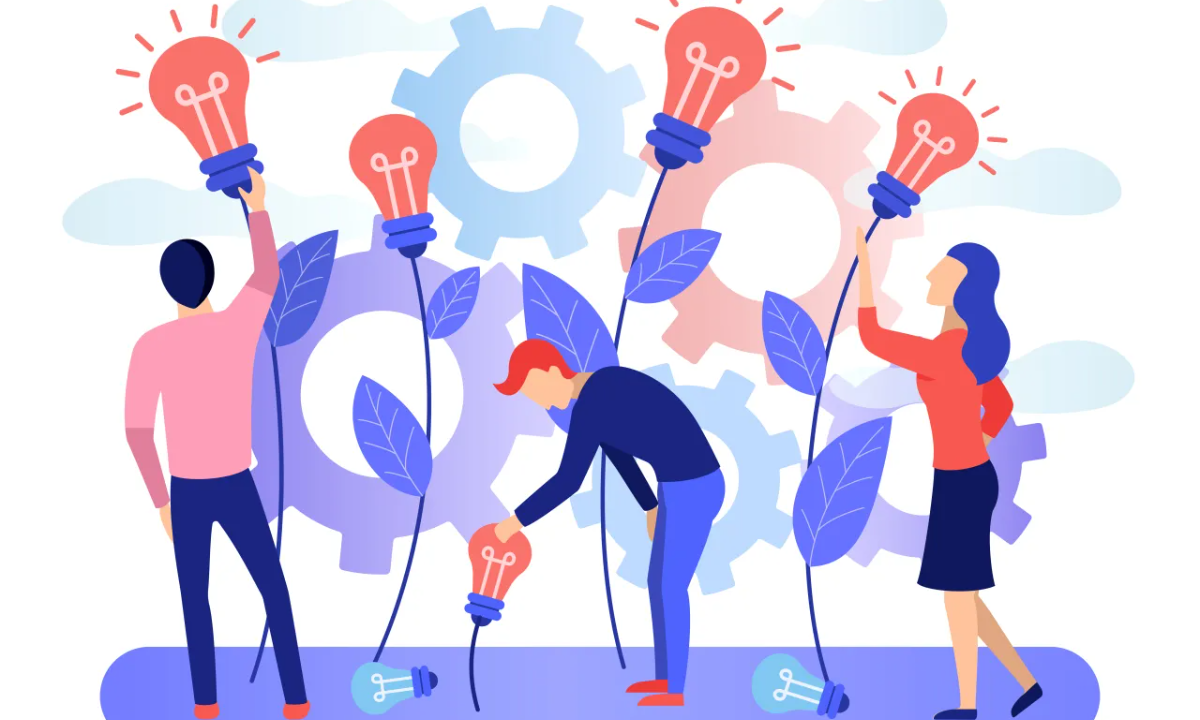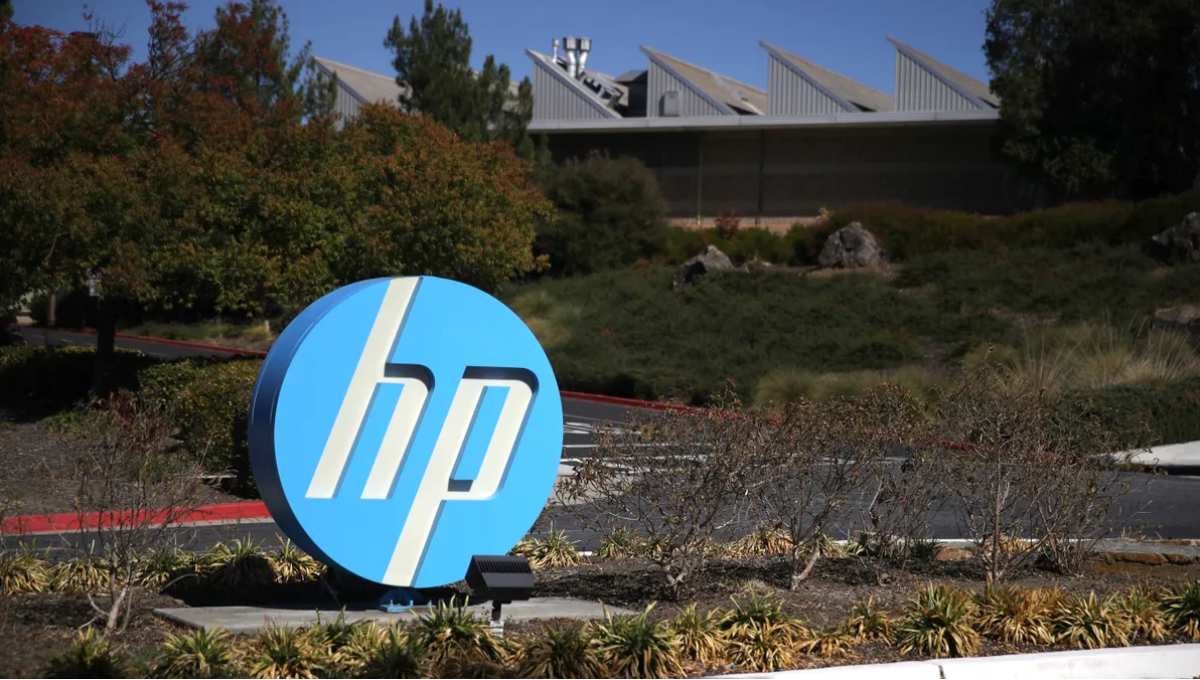Concerns Over the Shifting Balance of Global AI Leadership
Andy Konwinski has raised alarms that the United States is ceding ground to China in advanced AI research, calling the shift an “existential” challenge to democratic stability. Konwinski, a Databricks co-founder and now a co-founder of the AI-focused investment firm Laude, warned that the balance of innovation is moving in the wrong direction.
He noted that many AI PhD students at Berkeley and Stanford say they have recently encountered twice as many compelling research ideas originating from Chinese companies as from U.S. organizations—an emerging pattern he finds deeply concerning.
Alongside his investment work at Laude—founded with Pete Sonsini and Andrew Krioukov—Konwinski also oversees the Laude Institute, an accelerator that supports researchers with grants aimed at cultivating new breakthroughs.
While major U.S. AI labs such as OpenAI, Meta, and Anthropic continue making meaningful advances, he argued that much of their progress is locked behind proprietary walls. These same labs also draw top academic researchers with multimillion-dollar compensation packages, further weakening the university-based research ecosystem.
Konwinski emphasized that scientific progress depends on open exchange. He pointed out that generative AI itself emerged from the publicly accessible Transformer architecture, which enabled widespread experimentation and ultimately accelerated innovation across the field.
Open Research, National Strategy, and the Future of AI Innovation
According to him, whichever country pioneers the next foundational leap—something comparable to the Transformer—will define the global AI landscape.
He contended that China’s government actively encourages research groups, including DeepSeek and Alibaba’s Qwen team, to release their work openly, enabling others to build upon it and increasing the likelihood of rapid, cumulative innovation.
By contrast, he argued, the culture of free academic dialogue that once defined U.S. research has weakened significantly, limiting the cross-pollination of ideas that historically fueled American leadership in technology.
Konwinski warned that this decline threatens not only democratic values but the long-term health of U.S. AI companies themselves. If the trend continues, he said, even today’s leading labs will suffer: “We’re burning through our seed corn. If nothing changes, in five years, the giants will lose too.” He urged renewed commitment to keeping the U.S. both open and at the forefront of innovation.
Also Read:
OpenAI rolls out group chats in ChatGPT, letting you plan events and brainstorm with friends
Microsoft Holds Full Access to OpenAI’s AI Chip IP: Satya Nadella Says









